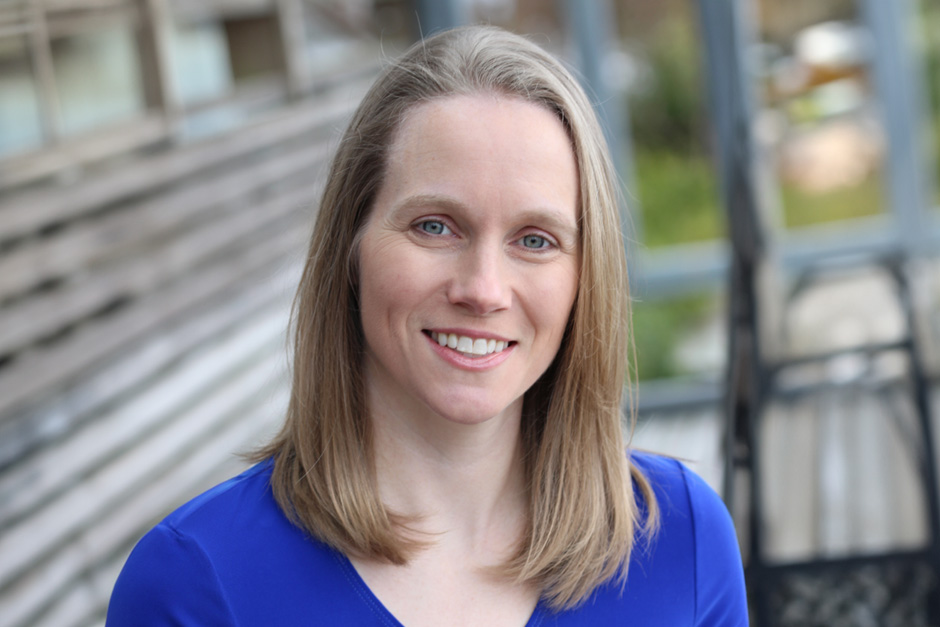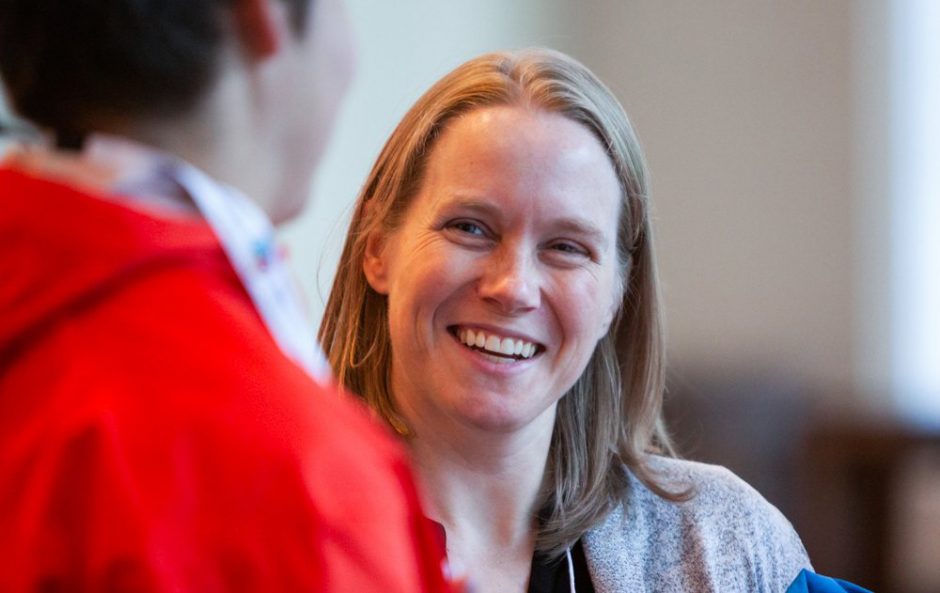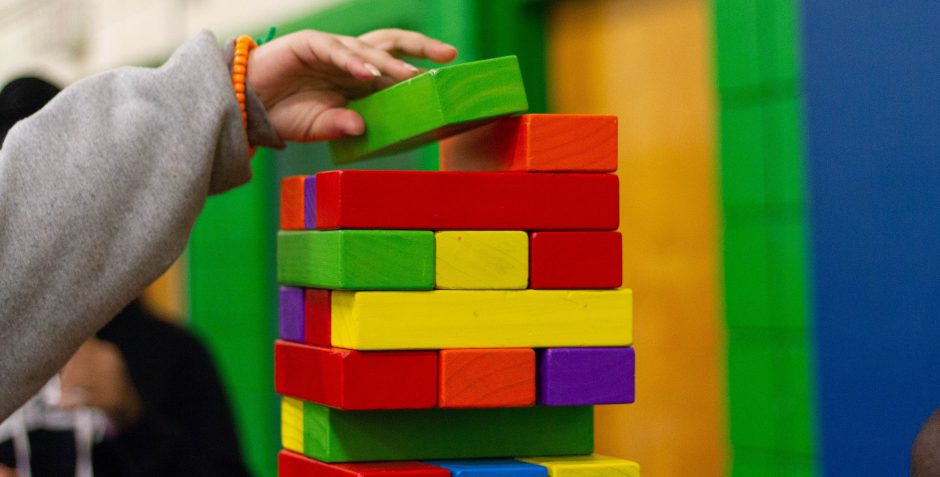
Dr. Stephanie Glegg joined us as an Assistant Professor a little over a year ago and during that time has already established a dynamic research program. Dr. Glegg is currently the CHILD-BRIGHT Knowledge Mobilization Program Co-Lead Investigator, and recently secured a UBC Faculty of Medicine New Faculty Research Award, as well as a MSHRBC Reach Award to help further her research.
Implementation Science & Knowledge Mobilization
Dr. Glegg’s research focus is to improve patient outcomes by finding ways that we can more quickly incorporate evidence-informed healthcare practices into healthcare. Her work in implementation science (IS) directly involves the community as important co-creators and collaborators such as in the form of patient-partners. By working together, her team creates, translates, and “mobilizes” knowledge.
A core part of knowledge mobilization is finding effective communication strategies, building relationships between specific groups (e.g., patients, clinicians, policymakers), and developing platforms and initiatives to ensure efficient and ongoing knowledge exchange.


Dr. Glegg’s recently awarded New Faculty Research Fellowship will provide her with funds to conduct knowledge mobilization research at BC Children’s Hospital. Her team will carry out needs assessments using 1:1 interviews and focus groups with clinicians, leaders, and families at the hospital to gauge current understanding of implementation science, priorities for change, and assess the capacity for change within the healthcare setting.
Early diagnosis of cerebral palsy
Her REACH award provides funding for Dr. Glegg and her team to study implementation science more specifically in the context of cerebral palsy. Cerebral palsy is the most common physical disability in Canadian children. Current guidelines and assessments allow for diagnosis as early as four months; however, the average age of diagnosis in BC is nearly 25 months. Early therapy can maximize a child’s abilities and prevent health complications, but many doctors lack the knowledge, skills, and confidence to diagnose cerebral palsy early. Through education, training, and the sharing of parents’ experiences, Dr. Glegg and her team will support doctors to assess for and diagnose cerebral palsy as early as possible, develop systems to help families through the diagnosis process, and share learnings to promote widespread and ongoing change. With this work, more Canadian children will be able to receive an earlier diagnosis, increasing therapy options and support.
We look forward to sharing more of Dr. Glegg’s research as these programs continue to grow.

Image credits: OSOT, except for building blocks (La-Rel Easter) and images from Child-Bright Network blog.